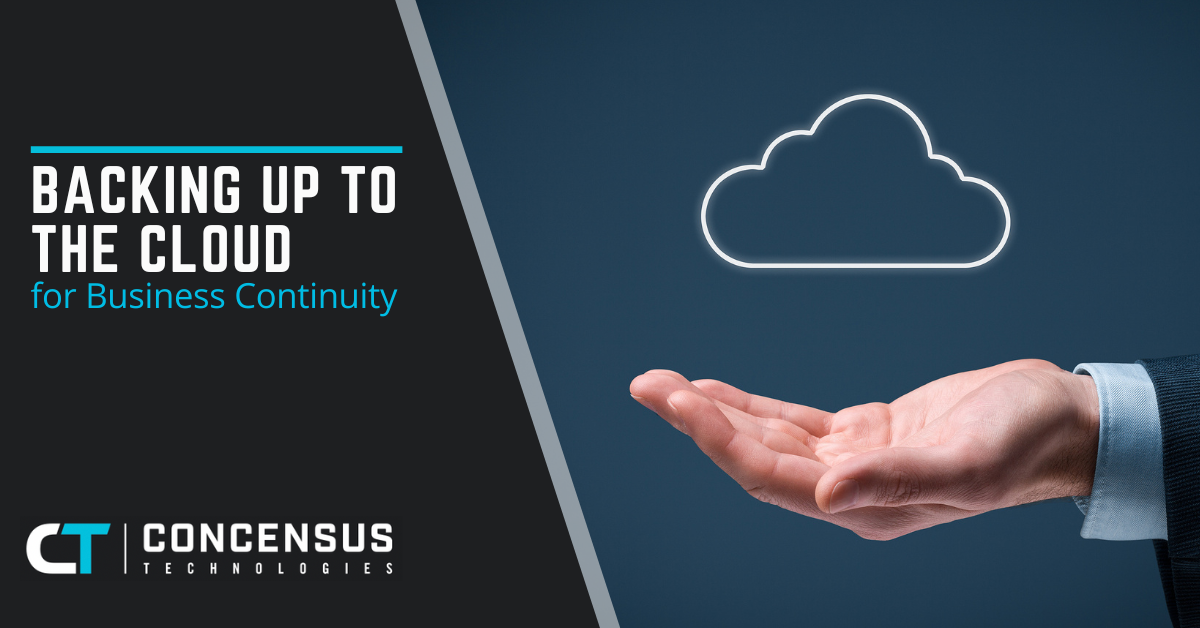
Backing Up to the Cloud for Business Continuity
| April 12, 2024In today’s digital age, businesses are increasingly reliant on data for their operations. From customer information to financial records, data plays a crucial role in decision-making and day-to-day functions. However, with the rise in cyber threats, natural disasters, and human errors, the risk of data loss has become a significant concern for organizations of all sizes. To mitigate these risks and ensure business continuity, many companies are turning to cloud backup solutions. In this article, we will explore the importance of backing up data to the cloud and how it can safeguard businesses against potential disasters.
Understanding Business Continuity
What is Business Continuity?
Business continuity refers to the ability of an organization to continue operating smoothly in the face of disruptive events. These events can range from cyberattacks and hardware failures to natural disasters such as floods or fires. The goal of business continuity planning is to minimize downtime and ensure that critical business functions can be quickly restored, allowing the organization to continue serving its customers and meeting its obligations.
The Role of Data Backup in Business Continuity
Data backup is a fundamental aspect of business continuity planning. By regularly backing up data, organizations can protect themselves against data loss caused by various factors, including hardware failures, malware attacks, and accidental deletion. In the event of a disaster or security breach, having up-to-date backups ensures that critical information can be recovered quickly, minimizing disruption to operations.
The Benefits of Cloud Backup
Scalability and Flexibility
One of the primary advantages of cloud backup solutions is scalability. Unlike traditional backup methods that require organizations to invest in additional hardware as their data storage needs grow, cloud backup services offer virtually unlimited scalability. Businesses can easily adjust their storage capacity based on demand, ensuring that they always have enough space to accommodate their data growth.
Cost-Effectiveness
Cloud backup solutions can also be more cost-effective than traditional backup methods. With cloud backup, businesses pay only for the storage space they use, eliminating the need for upfront investments in hardware and infrastructure. Additionally, cloud backup providers often offer subscription-based pricing models, allowing organizations to spread the cost of backup services over time and avoid large capital expenditures.
Enhanced Security
Security is a top priority for businesses when it comes to data backup. Cloud backup providers employ robust security measures to protect data from unauthorized access, including encryption, multi-factor authentication, and regular security audits. By storing data in the cloud, businesses can benefit from the expertise and resources of cloud providers, who are dedicated to maintaining the highest standards of security.
Automated Backup and Recovery
Cloud backup solutions automate the backup process, eliminating the need for manual intervention and ensuring that backups are performed regularly and consistently. In the event of data loss or corruption, cloud backup services also facilitate quick and efficient recovery, allowing businesses to restore data to its previous state with minimal downtime. This automated approach to backup and recovery saves time and resources, enabling organizations to focus on their core business activities.
Best Practices for Cloud Backup
Regular Backup Schedule
To ensure the effectiveness of cloud backup solutions, organizations should establish a regular backup schedule. Depending on their data storage needs and the frequency of data changes, businesses may choose to perform backups daily, weekly, or even in real-time. Consistent backups help minimize data loss and ensure that organizations can recover quickly in the event of a disaster.
Data Encryption
Encrypting data before it is transferred to the cloud adds an extra layer of security, protecting sensitive information from unauthorized access. Cloud backup providers typically offer encryption capabilities, allowing businesses to encrypt data both during transit and while it is stored in the cloud. By encrypting their backups, organizations can maintain compliance with data protection regulations and safeguard their data against cyber threats.
Off-Site Storage
In addition to storing backups in the cloud, organizations should also consider maintaining off-site copies of their data. Off-site storage provides an extra layer of redundancy and ensures that backups are safe from localized disasters such as fires or floods. Many cloud backup providers offer geo-redundant storage options, replicating data across multiple data centers located in different geographic regions for added resilience.
Start Backing Up Your Data
In conclusion, backing up data to the cloud is essential for ensuring business continuity in today’s digital landscape. By leveraging cloud backup solutions, organizations can protect themselves against data loss, minimize downtime, and maintain productivity in the face of disruptive events.
With benefits such as scalability, cost-effectiveness, enhanced security, and automated backup and recovery, cloud backup offers a reliable and efficient solution for businesses of all sizes. To learn more about how our company, Concensus Technologies, can help you implement a robust cloud backup strategy, contact us today. Protect your data and safeguard your business against potential disasters.

